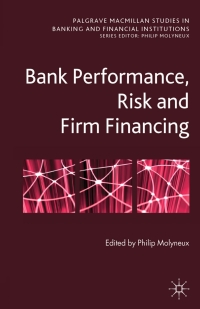Problem 7-22 Comiskey Fence Co. is evaluating extending credit to a new group of customers. Although these customers will provide $162,000 in additional credit sales, 11 percent are likely to be uncollectible. The company will incur $16,100 in additional collection expenses. Production and marketing expenses represent 70 percent of sales. The company has a receivables turnover of five times. No other asset buildup will be required to service the new customers. The firm has a 17 percent desired return on investment. a-1. Calculate the incremental income before taxes from this new group of customers. Incremental income before taxes $ a-2. Calculate the return on incremental investment. (Round the final answer to 2 decimal place.) Return on incremental investment % a-3. Should Cominsky extend credit to these customers? Yes No b-1. Calculate the incremental income before taxes from the new group of customers if 14 percent of the sales prove uncollectable. Incremental income before taxes b-2. Calculate the return on incremental investment if 14 percent of the new sales prove uncollectible. (Round the final answer to 2 decimal place.) Return on incremental investment b-3. Should credit be extended if 14 percent of the new sales prove uncollectible? Yes No c-1. Calculate the return on incremental investment if the receivables turnover drops to 16 and 11 percent of the accounts are uncollectible (as in part a)? (Round the final answer to 2 decimal places.) Return on incremental investment 0 % c-2. Should credit be extended if the receivables turnover drops to 16 and 11 percent of the accounts are uncollectible (as in part al? Yes No Problem 7-23 Reconsider Comiskey Fence. Assume the average collection period is 180 days. All other factors are the same (including 11 percent uncollectible) 2. Compute the return on incremental investment (Use 365 days in a year. Do not round Intermediate calculations. Round the wind answer to 2 decimal places.) c-1. Calculate the return on incremental investment if the receivables turnover drops to 16 and 11 percent of the accounts are uncollectible (as in part a)? (Round the final answer to 2 decimal places.) Return on incremental investment % c-2. Should credit be extended if the receivables turnover drops to 16 and 11 percent of the accounts are uncollectible (as in part ? Yes No Problem 7-23 Reconsider Comiskey Fence. Assume the average collection period is 180 days. All other factors are the same (including 11 percent uncollectible) a. Compute the return on incremental investment (Use 365 days in a year. Do not round intermediate calculations. Round the final answer to 2 decimal places.) Return on incremental investment b. Should credit be extended? Yes No









